Did you know that the amount of digital data created worldwide is expected to reach 175 zettabytes by 2025?
Data collection is the systematic process of gathering information or observations to support research, analysis, decision-making, and problem-solving. It involves the collection, recording, and organization of data from various sources and methods, aiming to acquire valuable insights and knowledge.
“The systematic process of gathering information or observations to support research, analysis, decision-making, and problem-solving.”
Data collection is a critical step in the research and analysis process. The data collected can be quantitative (numerical) or qualitative (descriptive).
7 data collection methods:
- Surveys
- Transactional tracking
- Interviews /focus groups
- Observation
- Online tracking
- Forms
- Social media monitoring
Surveys, for example, involve gathering information through questionnaires or interviews, allowing for the collection of large amounts of data from a diverse group of respondents.
Data collection comes with ethical considerations and challenges. Ensuring the privacy and confidentiality of participants is crucial, and obtaining informed consent is necessary when collecting information. Additionally, data quality and validity must be carefully assessed to ensure the reliability and accuracy of the collected data.
Data collection is a fundamental process that enables researchers, organizations, and individuals to gather information and insights for analysis and decision-making. It involves a systematic approach to acquiring data from various sources.

